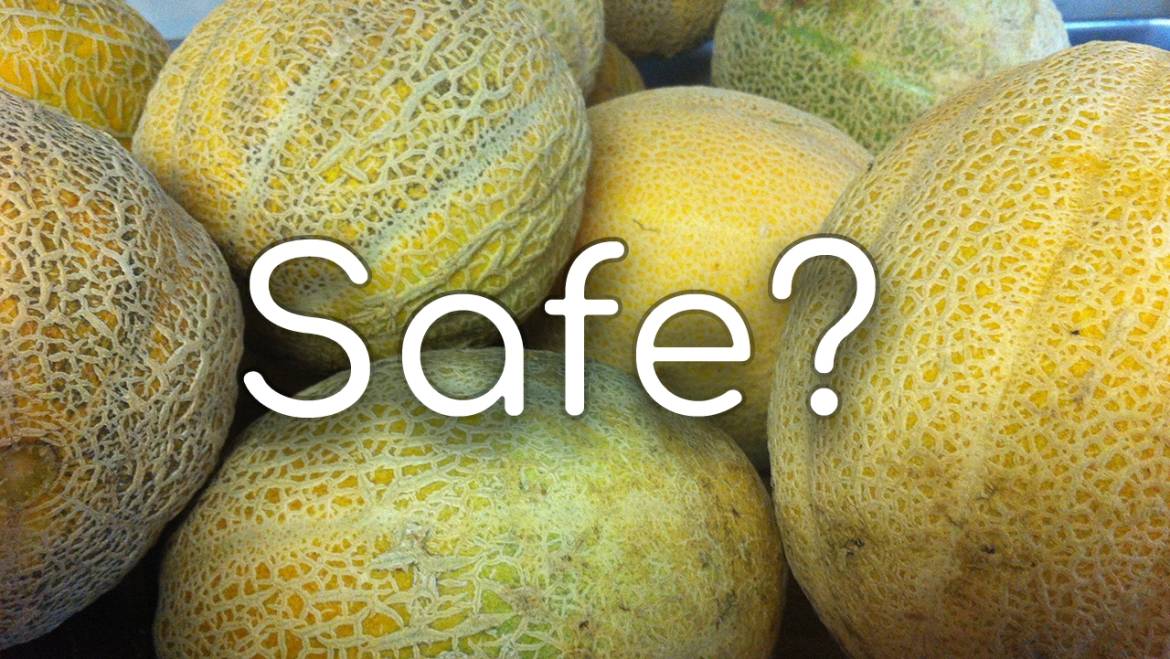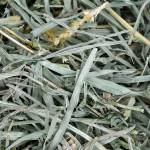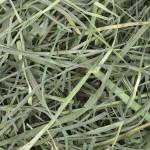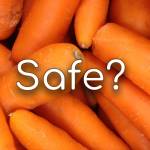If you are a chinchilla owner, you may be wondering whether it is safe to feed cantaloupe to your furry friend. After all, chinchillas have specific dietary needs, and their delicate digestive systems can be easily upset by the wrong type of food. In this article, we will explore whether chinchillas can eat cantaloupe, what benefits it may offer, and potential risks to be aware of.
Benefits of Cantaloupe for Chinchillas
Cantaloupe is a fruit that is high in vitamins and minerals, making it a healthy snack for humans. But can chinchillas also benefit from this tasty fruit? Here are some potential benefits of feeding cantaloupe to chinchillas:
- Rich in Vitamin C: Cantaloupe is a good source of vitamin C, which is important for chinchillas because they are unable to produce this vitamin on their own. A lack of vitamin C can lead to scurvy, a potentially fatal condition.
- High in Fiber: Chinchillas need a high-fiber diet to maintain healthy digestion, and cantaloupe is a good source of dietary fiber. However, it is important to note that cantaloupe should not be a primary source of fiber for chinchillas.
- Low in Calories: Cantaloupe is a low-calorie fruit, which can be beneficial for chinchillas who are prone to obesity. However, it is still important to feed cantaloupe in moderation, as too much of any food can lead to weight gain.
Potential Risks of Feeding Your Chinchilla Cantaloupe
While cantaloupe can offer some health benefits to chinchillas, there are also potential risks to be aware of. Here are some things to consider before feeding cantaloupe to your chinchilla:
- High Sugar Content: Cantaloupe is a sweet fruit, which means it is high in natural sugars. While small amounts of fruit are generally safe for chinchillas, too much sugar can lead to digestive upset and even obesity.
- Oxalic Acid: Cantaloupe contains oxalic acid, which can interfere with calcium absorption. Chinchillas require a high-calcium diet to maintain healthy teeth and bones, so it is important not to feed too much cantaloupe or other foods high in oxalic acid.
- Choking Hazard: Cantaloupe is a relatively soft fruit, but it still poses a choking hazard for chinchillas. Make sure to cut the cantaloupe into small, bite-sized pieces before feeding it to your chinchilla.
How to Feed Cantaloupe to Your Chinchilla
If you decide to feed cantaloupe to your chinchilla, it is important to do so in a safe and controlled manner. Here are some tips for feeding cantaloupe to your chinchilla:
- Offer Fresh Cantaloupe: Fresh cantaloupe is best for chinchillas, as it is higher in nutrients and flavor than canned or frozen varieties. Make sure to wash the cantaloupe thoroughly before cutting and feeding it to your chinchilla.
- Cut the Cantaloupe into Small Pieces: As mentioned earlier, cutting the cantaloupe into small, bite-sized pieces can help prevent choking and make it easier for your chinchilla to eat.
- Feed in Moderation: While cantaloupe can offer some health benefits to chinchillas, it should still be fed in moderation. A good rule of thumb is to offer a small amount of cantaloupe (about the size of a raisin) once or twice a week as a treat.
- Introduce Slowly: If you have never fed cantaloupe to your chinchilla before, it is important to introduce it slowly to avoid digestive upset. Start by offering a small piece of cantaloupe and monitor your chinchilla’s reaction. If they tolerate it well, you can gradually increase the amount over time.
- Remove Uneaten Fruit: Chinchillas have sensitive digestive systems, and uneaten fruit can quickly spoil and lead to bacterial growth. Make sure to remove any uneaten cantaloupe from your chinchilla’s cage after a few hours.
Best to Avoid Feeding Cantaloupe and Other Fruits
While it’s true that chinchillas can safely eat certain fruits in moderation, it’s important to remember that the safest option is to just never feed chinchillas any fruit, vegetable seeds, and especially nuts. All three categories are generally not good for chinchillas and should just be avoided if possible, going with another, safer treat instead. While chinchillas do require a varied diet, it’s important to provide them with foods that meet their specific nutritional needs. Pellets and hay should make up the majority of their diet, with occasional treats like raisins or rose hips given in small amounts. As with any aspect of your chinchilla’s care, it’s important to consult with your veterinarian if you have any questions or concerns about their diet.
In conclusion, cantaloupe can be a healthy and tasty treat for chinchillas when fed in moderation. While it offers some health benefits, it is important to be aware of the potential risks, such as high sugar content and oxalic acid. As with any new food, it is important to introduce cantaloupe slowly and monitor your chinchilla’s reaction. If your chinchilla shows signs of digestive upset, such as diarrhea or bloating, stop feeding cantaloupe and consult with your veterinarian. By following these tips and guidelines, you can safely offer your chinchilla a variety of healthy and delicious treats.







